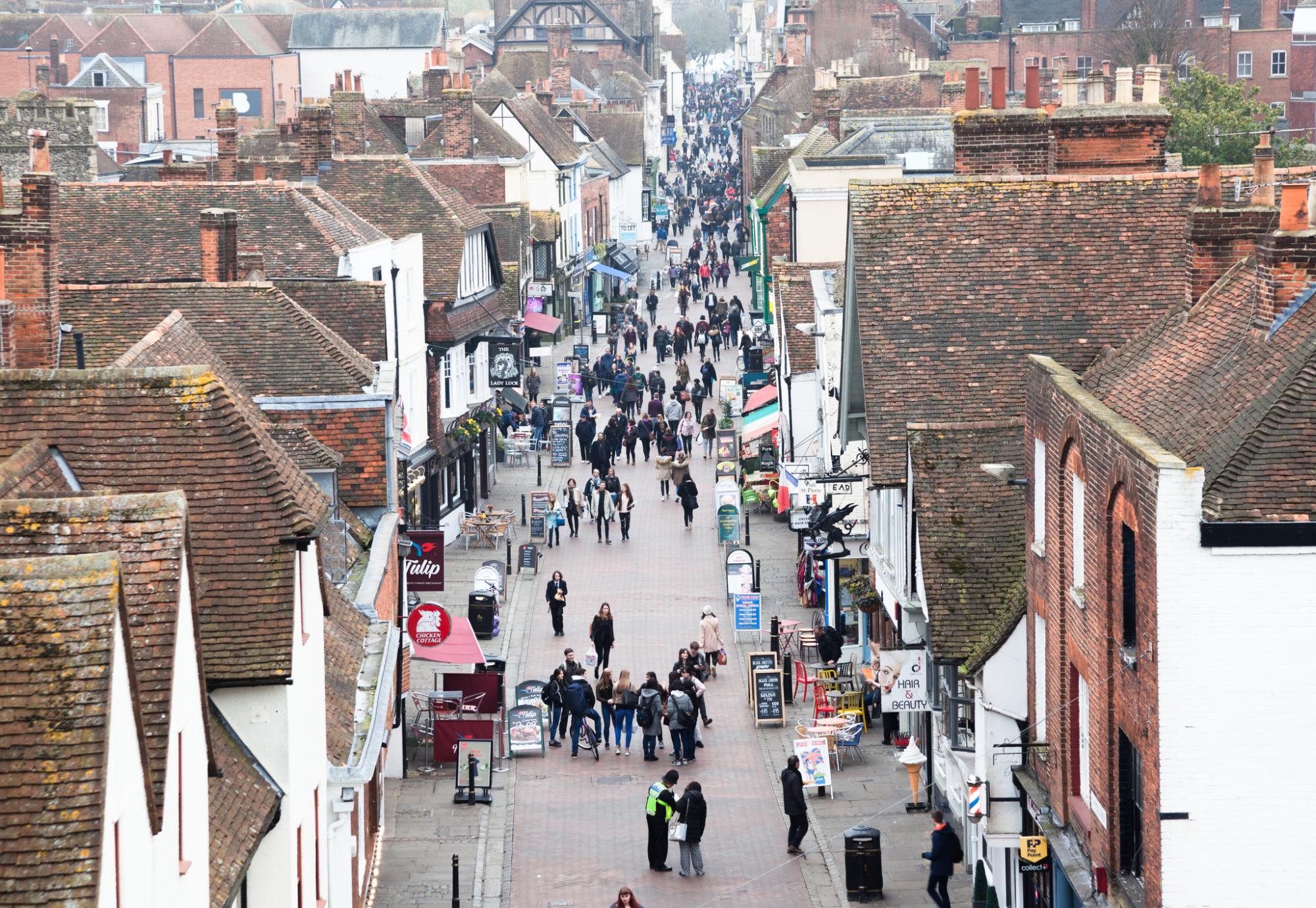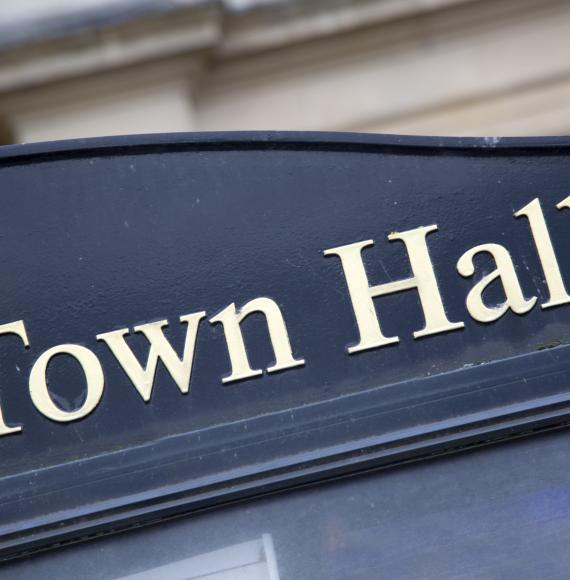The government has unveiled their long-term plan to support the evolution and regeneration of high streets.
Last week, the Prime Minister set out his vision on how the government would level up and unite the country, as well as his commitment to breathe new life into town centres.
The ‘Build Back Better High Streets’ strategy is a key part of the government’s plan to level up and will deliver visible changes to local areas and communities across England.
This will transform derelict buildings, clean up streets and support a renewed sense of community for current and future generations.
Councils in England will be given the power to transform towns, taking over derelict buildings through compulsory purchase orders so they can be converted into new homes if property owners stall on regeneration plans.
Local authorities will also be encouraged to use existing powers to convert empty offices into housing and empty shops will be able to be transformed into entertainment venues or new businesses without the need for planning permission.
Local economies and plans for growth will be boosted with 15 Town Deals totalling £335m, which will fund community regeneration projects.
This includes repurposing empty shops on high streets, creating new public spaces, transforming a riverfront area into a community hub with entertainment and leisure venues, as well as creating a new digital enterprise and learning centre.
Town Deals have now been offered to all 101 places that were invited to develop proposals.
Commenting, Communities Secretary, Robert Jenrick said:
“As we build back better from the pandemic, we are transforming our high streets across the UK into the kind of vibrant places we will want to visit, work and call home for generations to come.
“This strategy sets out a vision for entrepreneurship to thrive, where local shops and businesses are supported with permanent al fresco dining, derelict eyesores transformed into quality homes and new hubs for business and entertainment encouraged.
“With more funding for town centres and powers for communities to take a stake in their local area, we are delivering on our commitments to level up and put power in the hands of local people.
“I look forward to seeing what local communities have in store for national celebrations, such as Her Majesty The Queen’s Platinum Jubilee next year, a remarkable occasion that we will mark in style.”
A sense of community is at the heart of the strategy, ensuring local areas are protected for current and future generations to enjoy.
New funding will be committed for ‘mini-Holland’ schemes across England to embed greener forms of transport.
This is to encouraging cycling and walking by installing segregated cycle lanes on main roads, expanding space for pedestrians and creating low-traffic neighbourhoods.
Funding will be drawn from the £2bn fund for cycling and walking announced by the Transport Secretary in May 2020.
The government will tackle graffiti and litter across town centres.
A new taskforce will work to eradicate chewing gum from the streets, with gum producers investing £10m over the next five years to help fund councils to clean up gum from the streets and support schemes to prevent people from littering in the first place.
Councils will be encouraged to take a more hands-on approach to cleaning up graffiti, supported by £2m in funding.
New guidance for councils in England to manage graffiti will be published, giving examples of good practice, drawing on the latest research and professional expertise, as well as highlighting the importance of keeping high streets clean and clear of graffiti.
A UK wide, annual National High Streets Day will be launched to ensure cleaner streets that communities can truly be proud of and will involve the whole community.
Government funding will be available to save local venues loved by a community.
Details have been published setting out how community groups across the UK can bid for up to £250,000 in matched funding from the £150m Community Ownership Fund to take over local pubs, theatres, shops and sports grounds at risk of closure.
In some cases, up to £1m will be available to establish sports clubs or help to buy sports grounds at risk without community intervention, preserving local treasures for the next generation and supporting grassroots, community led schemes.
Hospitality will also be given a boost with the streamlined pavement licensing system extended for 12 months across England, so more shops, cafes and restaurants can make use of outdoor areas, with an intention to make this permanent.
The government will work to bring back street parties, making it easier for people to hold celebrations in their neighbourhood streets and picnics during national celebrations, like the Commonwealth Games.
Councils will be invited to plan exciting events for the Queen’s Platinum Jubilee next year, making their civic locations available so communities across the UK can come together.
The government will continue to work closely with the devolved administrations, local authorities and partners across Scotland, Wales and Northern Ireland as the strategy is implemented.
PSE will be hosting a Public Sector Decarbonisation event on 9 September. Join us for the full day event by registering here.



















